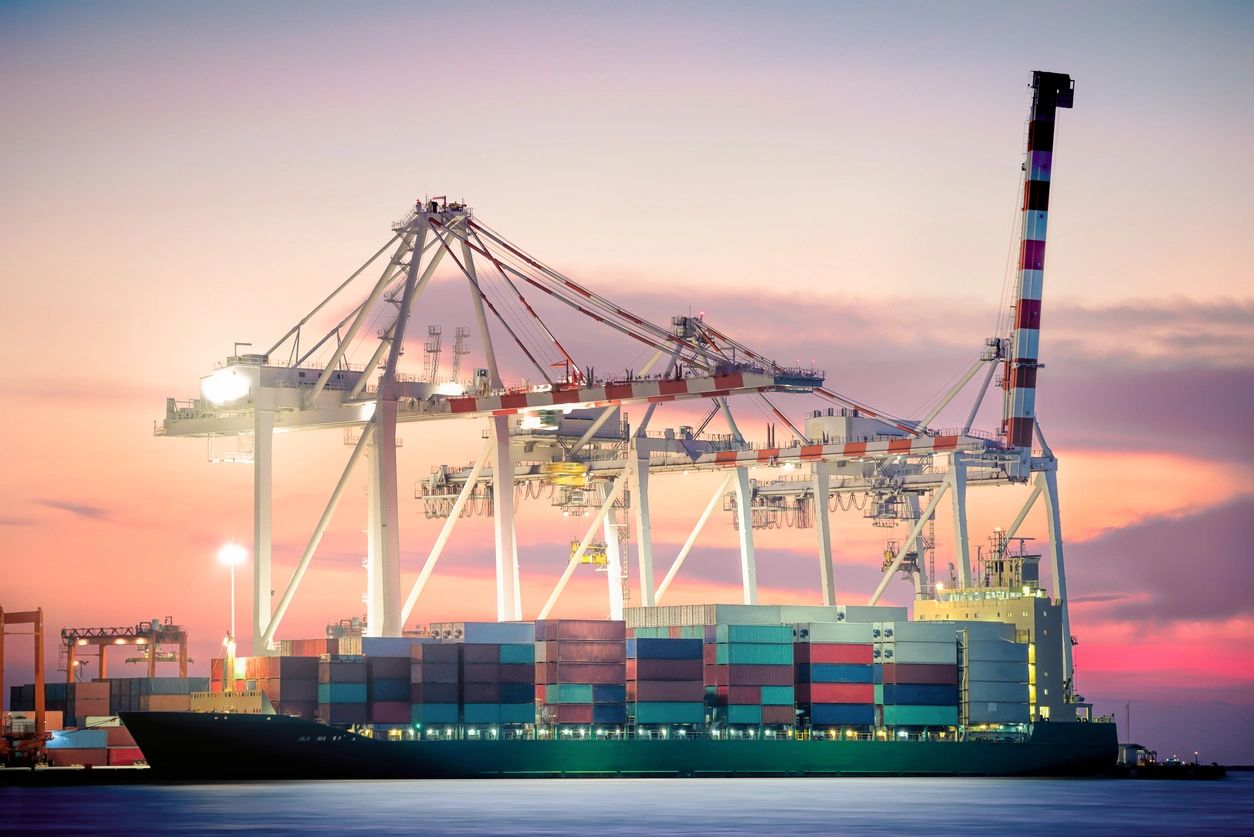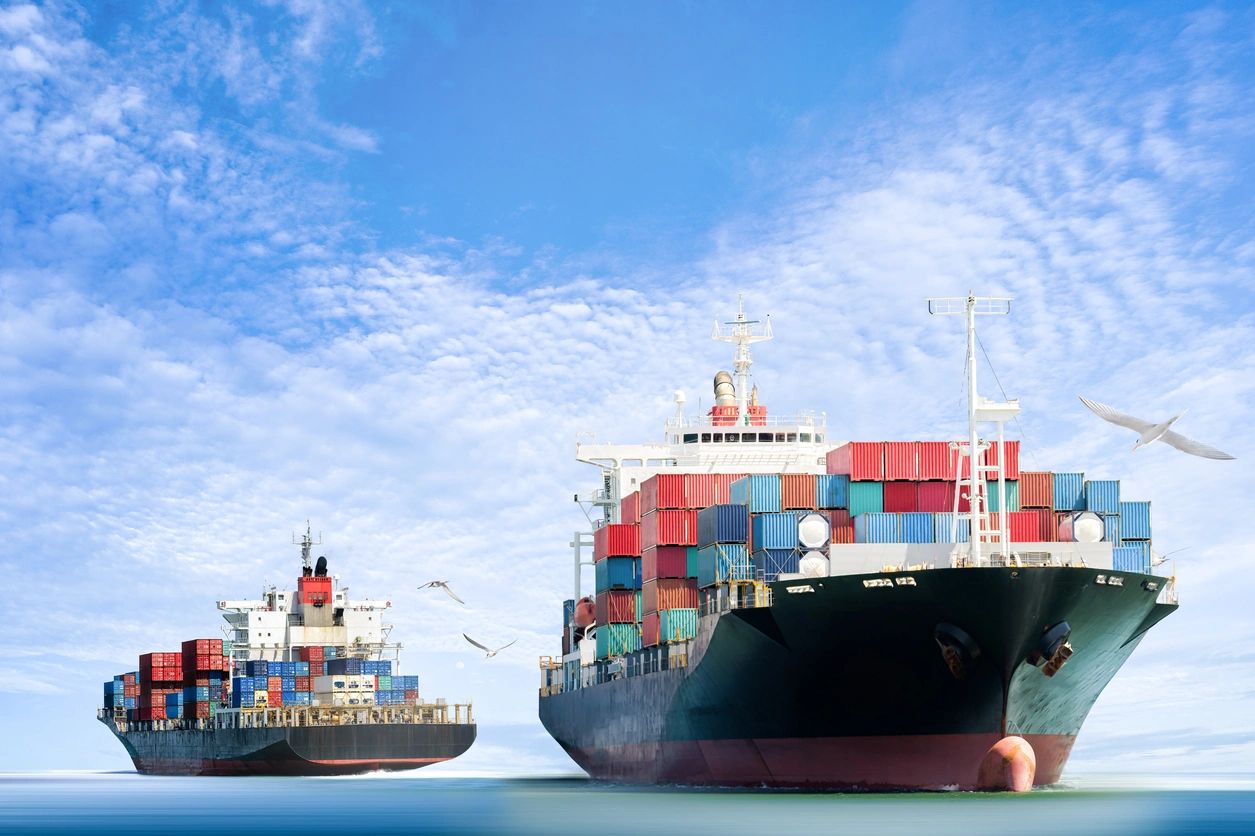Gain Competitive Trading Edge With Our Freight Zone
Our Advantages
Doing business with an FTZ gives you numerous advantages over a standard warehouse and even a bonded warehouse. Your company can exploit these benefits in order to gain a competitive edge in your market and save your company time and money.

Confused With Custom Duties? We’ve Got You Covered
Labor, Overhead, and Profit
Production or assembly operations within an FTZ can result in significant savings. By importing finished products, U.S. duty is applicable to foreign labor, overhead, and profit since it is included in the value of the product. Substantial savings in duty may be obtained by making the finished product within an FTZ.

Advantages Over a Bonded Warehouse
Frequently, we are asked whether the benefits offered by a zone can be realized through a bonded warehouse. As the function-by-function comparison below indicates, a zone does have greater advantages over a bonded warehouse.
Customs entry must be filed to enter goods into a bonded warehouse. In our zone, customs entry is not required until removal from a zone.
In a bonded warehouse, your goods are always under customs lock. Inside a foreign trade zone, you have complete access to goods stored at all times without without paying duty and taxes. Customs personnel need not be present at the immediate work site.
Duties must be paid prior to release from bonded warehouses, whereas in a zone, they are only due upon entry into U.S. territory.
You may not manufacture goods inside a bonded warehouse. One can manufacture in a zone with duty payable only on the salable product, not on the waste material. No duty is paid on export or re-export.
Within a bonded warehouse, goods may not be stored, relabeled, repaired, or discarded, except with individual approval by customs to manipulate. In our zone, substandard goods may be discarded. No duty is paid for shrinkage, evaporation, seepage, damage, accountable loss, etc.
This must be done almost immediately at a bonded warehouse; on the other hand in a zone, the tariff rate and value may be determined either at the time of entry into a zone or when goods leave a zone.
Not to exceed 5 years in a bonded warehouse; however, it is unlimited in an FTZ.
